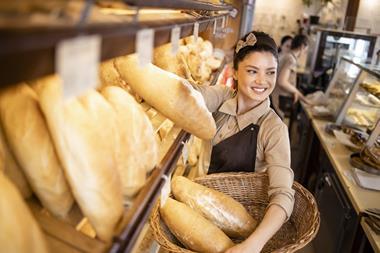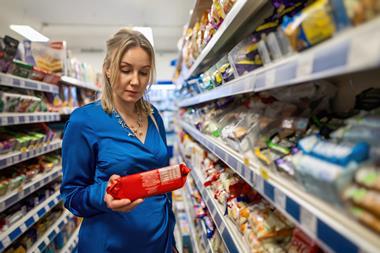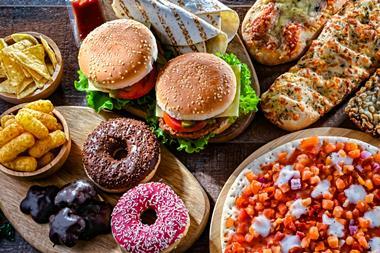Scottish snowballs, made by Lees of Scotland and Thomas Tunnock, have been ruled as zero-rated on tax, after they were classed as cakes.
The decision was made by an Edinburgh tribunal, after a survey suggested the majority of the HMRC staff believed the coconut-covered treats were cakes.
The two companies appealed a previous ruling that the products should be standard-rated in terms of VAT. They argued that the decision was unsound.
The tribunal then made a decision as to whether snowballs, as made by the two companies, had the characteristics that ordinary people would consider to be a cake.
To do this, they took into account the ingredients used in the snowball, its manufacture, unpackaged appearance, taste and texture, circumstances of consumption, packaging and marketing.
In its written decision, the tribunal concluded that: “A snowball looks like a cake. It is not out of place on a plate full of cakes. A snowball has the mouthfeel of a cake. Most people would want to enjoy a beverage of some sort while consuming it. It would often be eaten in a similar way to cakes - for example to celebrate a birthday in an office.
“We are wholly agreed that a snowball is a confection to be savoured, but not while walking around or, for example, in the street… Although by no means everyone considers a snowball to be a cake we find that these facts, in particular, mean that a snowball has sufficient characteristics to be characterised as a cake.”
Commenting on the decision, Jim Burberry, VAT partner at Baker Tilly in Scotland said: “HMRC might have thought that the appellants didn’t have a snowball’s chance in hell of winning their case, but they were wrong. This is a victory for two of Scotland’s premier confectionery manufacturers, and a victory for cake lovers everywhere.”
Other products that HMRC considers zero rated include meringues, teacakes and Jaffa cakes.
































No comments yet